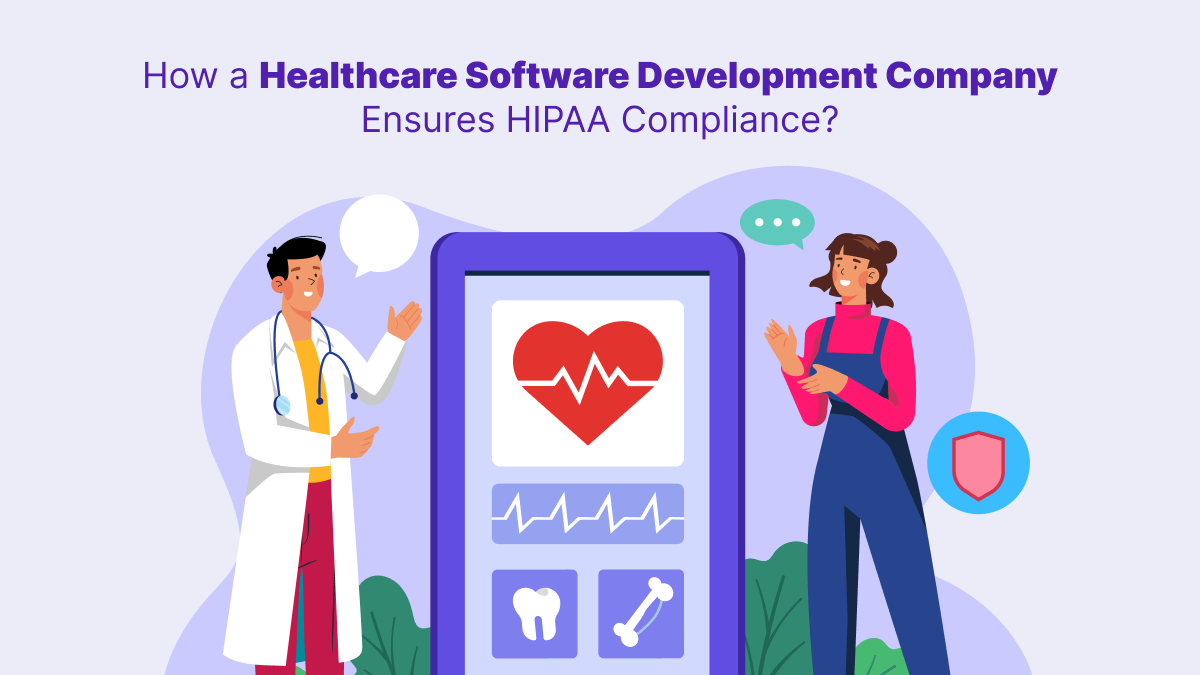In today’s fast-evolving insurance landscape, agencies must be agile, responsive, and customer-centric to stay competitive. Juggling policies, clients, renewals, and compliance can become overwhelming without the right tools in place. This is where an Agency Management System (AMS) steps in as a game-changer.
Whether you’re a small independent agency or a large brokerage firm, a robust agency management system for insurance streamlines operations, boosts efficiency, and enhances client service. Let’s explore what AMS is, why it matters, and how it drives growth in modern insurance agencies.
What is an Agency Management System in Insurance?
An Agency Management System is a software platform designed to automate and centralize the core functions of an insurance agency. These functions typically include:
- Client data management
- Policy and claims tracking
- Commission management
- Document storage and sharing
- Renewal and reminder workflows
- Accounting integration
- Carrier communications
In essence, an AMS acts as the digital backbone of an insurance agency, replacing spreadsheets, disjointed tools, and manual paperwork with a unified platform.
Key Benefits of an Agency Management System for Insurance
1. Operational Efficiency
Manual processes are not only time-consuming but prone to errors. An AMS streamlines daily workflows such as quote generation, policy issuance, billing, and renewals. Automated reminders and notifications reduce follow-ups and help agents stay on top of deadlines.
2. Centralized Customer Information
Every interaction with a client—from emails to claim notes—is stored in a single location. This enables agents to provide personalized service, resolve issues faster, and build long-term relationships.
3. Improved Compliance and Documentation
The insurance industry is highly regulated, with strict requirements around recordkeeping and data security. An AMS ensures compliance by keeping audit trails, storing e-signatures, and automatically updating regulatory changes.
4. Real-Time Carrier Connectivity
Many AMS platforms offer real-time integrations with insurance carriers. This allows for seamless quote retrieval, policy updates, and claims processing—saving time and ensuring accuracy.
5. Data-Driven Decisions
Most AMS platforms come with built-in reporting and analytics. These insights help agency owners track performance, understand client trends, and identify growth opportunities.
Features to Look for in a Modern Insurance AMS
When choosing an agency management system for insurance, look for features that not only meet your current needs but scale with your growth:
– Cloud-Based Access
Modern AMS solutions are hosted in the cloud, offering anytime, anywhere access for remote and hybrid teams. This also reduces IT overhead and ensures data security through automatic backups and encryption.
– Customizable Workflows
Every agency has its own way of working. Look for a system that allows customizable workflows and templates to match your business processes.
– CRM Integration
An AMS with integrated Customer Relationship Management (CRM) tools helps you track leads, nurture prospects, and run targeted campaigns—bringing sales and service into one ecosystem.
– E-Signature and Document Automation
Speed up policy processing with built-in e-signature tools and automated document generation. This improves customer experience and shortens sales cycles.
– Mobile Accessibility
A mobile-friendly AMS allows agents to access client information, upload documents, and manage tasks on the go—vital for field agents or brokers who meet clients off-site.
Why Insurance Agencies Are Adopting AMS Now
The post-pandemic era has accelerated digital transformation across industries, and insurance is no exception. Clients expect faster service, digital communication, and personalized interactions. Traditional tools no longer cut it in a world of rising customer expectations and competitive pricing.
An agency management system helps agencies:
- Scale without adding headcount
- Maintain service consistency across departments
- Quickly onboard new team members
- Focus more on selling and less on paperwork
Top Agency Management Systems for Insurance Agencies
Here are a few widely used AMS platforms tailored for insurance professionals:
1. Vertafore AMS360
Ideal for mid to large-size agencies, offering advanced reporting, carrier integration, and a deep feature set.
2. Applied Epic
A popular choice for large brokers, Applied Epic provides enterprise-level tools with cloud scalability.
3. HawkSoft
Well-suited for independent agencies, offering intuitive navigation and strong customer support.
4. EZLynx
A comprehensive solution with AMS, comparative rater, and client portal built into one platform.
5. NowCerts
A cloud-based AMS known for its affordability, ease of use, and API integrations.
Each platform comes with its own strengths, so it’s important to assess your agency’s size, specialization, and workflow needs before making a choice.
Getting Started: Implementing AMS at Your Insurance Agency
Implementing a new AMS may seem daunting, but the long-term benefits far outweigh the initial learning curve. Here are steps to ease the transition:
- Assess Your Needs – Identify gaps in your current system and prioritize features.
- Involve Your Team – Get input from agents, CSRs, and admin staff to ensure buy-in and smoother adoption.
- Choose a Scalable Platform – Pick an AMS that grows with your agency.
- Train and Support – Provide hands-on training and support to help your team hit the ground running.
- Monitor and Optimize – Use reporting tools to evaluate usage, identify inefficiencies, and fine-tune workflows.
Conclusion
An effective agency management system for insurance is more than just software—it’s a strategic investment in your agency’s growth, efficiency, and customer satisfaction. By choosing the right AMS, insurance agencies can automate routine tasks, gain actionable insights, and deliver a modern client experience that sets them apart from the competition.
In a digital-first insurance environment, success favors the organized. And with the right AMS in place, your agency will be well-positioned to scale smarter, serve better, and sell faster.

